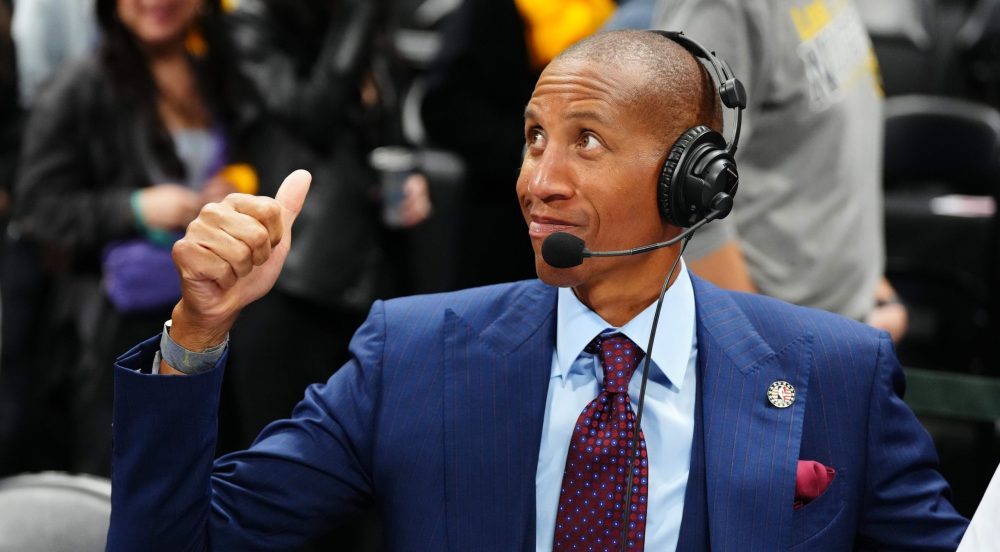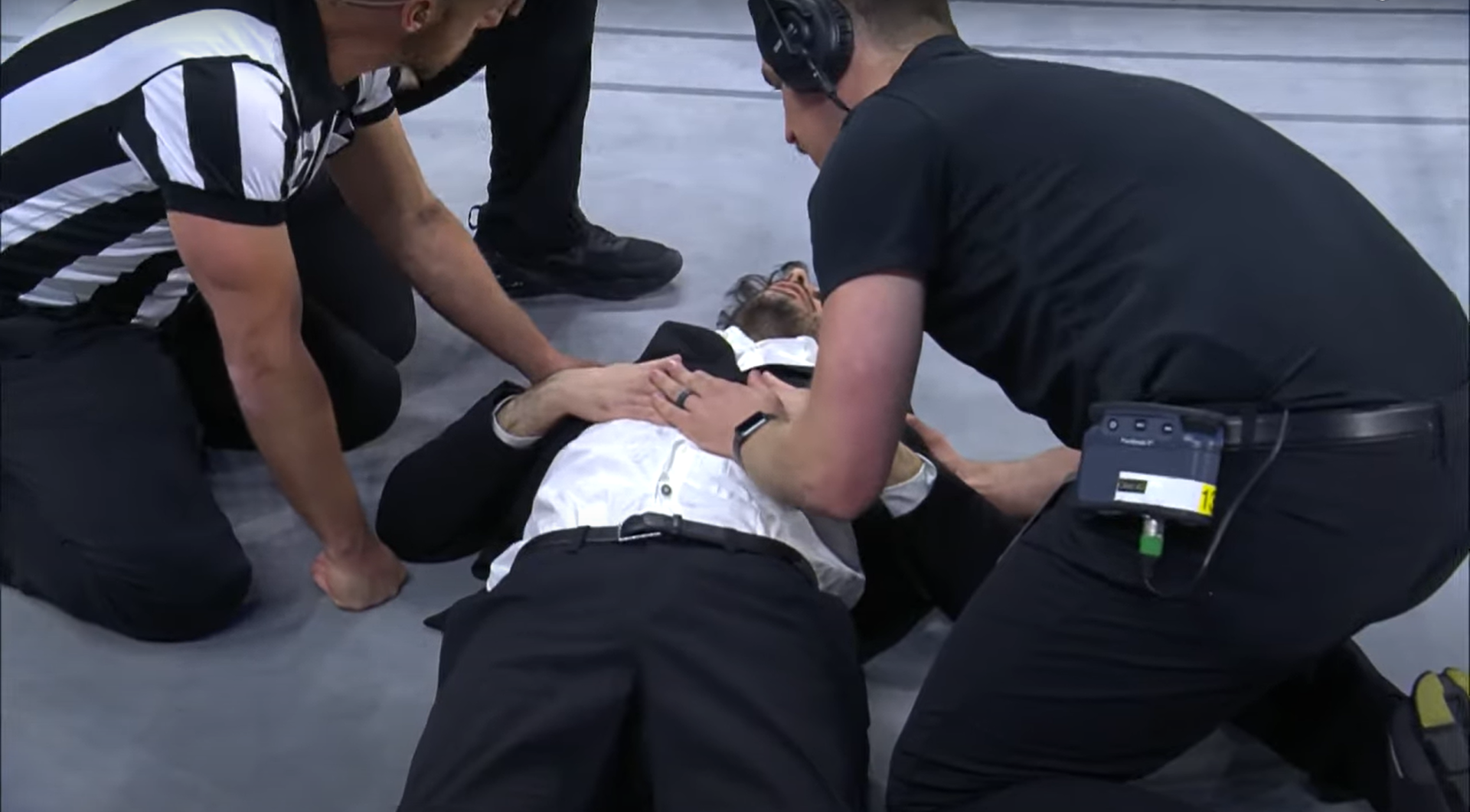The Houston Astros are 44-86. They will likely have the worst record in baseball for the third consecutive year.
In spite of their putrid on-field performance, a Forbes report indicates the Astros are the '27 Yankees when it comes to profit margins. Thanks to their roster that's so cheap it looks like it's straight from the plot of Major League and their insanely rich television deal with local regional sports network CSN Houston, this year's Houston Astros… the 44-86 Houston Astros… are set to become the most profitable team in MLB history.
That must be some consolation to all the fans spending their money on the Astros this year and helping them achieve such a distinguished honor:
"The Astros are on pace to rake in an estimated $99 million in operating income (earnings before interest, taxes, depreciation and amortization) this season. That is nearly as much as the estimated operating income of the previous six World Series championship teams — combined.
Yet the Astros are 43-86, worst in the majors. Of the 270 Major League Baseball teams who have taken the field since 2005, none have finished with a worse winning percentage than Houston’s.
They have become so profitable thanks to slashed payroll expenses and soaring television revenues.
Since becoming the Astros’ owner in 2011, Crane has gutted the team of its most expensive players while building up the farm system. Over the course of this season, the team will pay its players an estimated $21 million in salary and bonuses. That is down $56 million from 2011, when Crane bought the team."
Of course the Astros came out and denied the report, saying Forbes' math was flat out wrong. As anyone who has ever had to make change for a dollar knows, there's a certain art to budgeting and balancing the books. Owners don't quite want to admit to making gobs of money because they know players will want a larger piece of whatever profits are to be made. Fights over revenue are at the core of every modern labor dispute in professional sports. It's all a giant chess game about shuffling profit, debt, equity, and spending to make the numbers appear however you want.
And who knows whether Astros owner Jim Crane is intent on using an MLB franchise as a plaything to make hundreds of millions of dollars or is actually intent on winning baseball games. He maintains it's the latter and that he'll reinvest in the team when the time is right, but time and results will be the ultimate judge.
But there is no disputing these this fact – the Astros payroll is miniscule compared to the revenue they pull in from their local TV contract. The Astros make $80 million per year from CSN Houston alone, several times greater than their current payroll. And what's more, CSN Houston's well documented troubles in gaining distribution (they're only in 40% of homes in the market, which is an unmitigated disaster) hardly make a dent in their profitability. Even with the Astros' reported $23 million dollar loss thanks to their 45% equity stake in CSN Houston and the network's struggles, they would still make $57 million from that local TV contract.
The Houston Astros are the prime example of the lucrative, precarious world of televised sports. Even the worst team in MLB can make tens of millions from involvement in a regional sports network. It's why so many teams like the Yankees, Dodgers, etc. are investing in their own regional sports networks. They are an incredibly valuable source of revenue, regardless of how many butts are in the seats or wins on the scoreboard or even fans with access to the channel. After all, rising revenue from cable fees is the central reason ESPN rules the sports world at the moment.
The Astros can continue to make money from CSN Houston, but the local carriage fight also shows a foreboding tightening of the sports rights bubble. If the Astros continue to lose and the channel charges more than $3 per subscriber per month, why would the 60% of distributors not carrying CSN Houston want to play ball? Why pass those costs onto consumers sitting at home? While the a la carte cable fight rages on at the national level, it's situations like what's happening with CSN Houston that is a bellwether for the future of televised sports. If the network doesn't get on the air, it could mark a turning point where distributors and consumers finally say enough is enough and refuse to pay those costs that are leading to record profits.
The Astros have an incredibly successful business model at the moment. It may just not be sustainable, though.
[Forbes]




